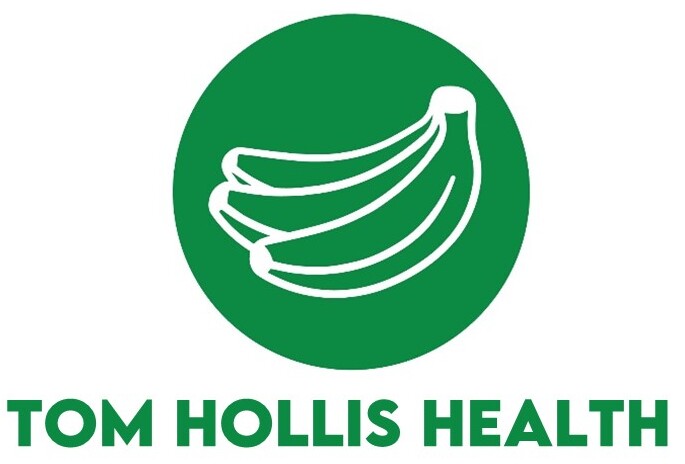Last week I introduced a mini-series of blogs on kitchen oils. First under the microscope was the versatile rapeseed oil. This week, I am going to look at an oil which has been the subject of much debate in recent months and years, and one that continues to divide opinion: coconut oil.
1. As with many popular oils, coconut oil has a number of uses, in industry (as a precursor for biodiesel and an engine lubricant), cosmetics and personal (everything from skin moisturiser to hair conditioner… to sexual lubricant), and of course, food and cooking, particularly in frying (smoke point 350 degrees fahrenheit), and in flavouring South Asian dishes.
2. Coconut oil is experiencing a boom at the moment, perhaps led in part by the vegan and natural food brigades (including those on ‘paleo’ type diets). For these groups, it can be used as a suitable alternative to butter in baking, for example.
3. Coconut oil is similar to coconut milk (both are derived from the ‘meat’ of the coconut), but should not be confused with coconut water. Popularised as an electrolyte-rich hydrating drink in recent years by the likes of Rihanna, coconut water is simply the clear liquid found inside green coconuts.
4. Coconut oil is hugely controversial when it comes to its health impact! A number of different health organisations (including the World Health Organisation and the NHS) advise against a diet rich in coconut oil – and this is due to its high saturated fat content (and the established association between saturated fat and heart disease).
However, it is not quite as straightforward as this. Coconut oil is rich in lauric acid, which is known to increase both HDL (‘good’) and LDL (‘bad’) cholesterol, so it is not yet clear how it affects our cardiovascular health.
5. Moreover, much of the saturated fat content of coconut oil (particularly ‘virgin’ coconut oil) is present as medium-chain triglycerides (MCTs). These are interesting fats that are absorbed and metabolised in a very different way to other fats – including all other saturated fats.
So, the debate rages on. As ever, it comes to a question of balance, and personally, I would advise against using coconut oil in huge quantities until we have some firmer data about long term effects on cardiac health.




0 Comments